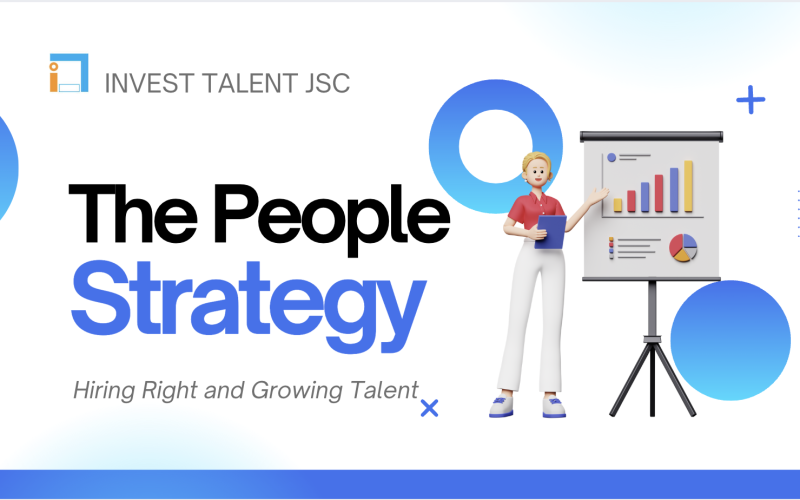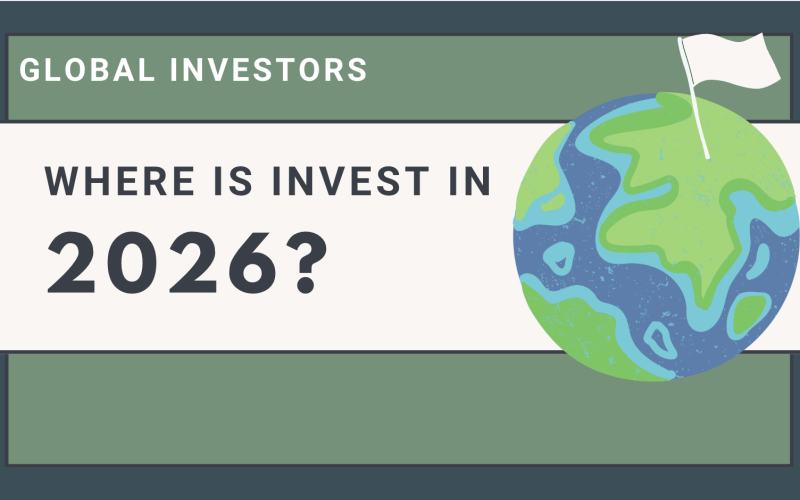Vietnam's F&B Industry: Labor Demand Expected to Continue Strong Growth Through 2026
Vietnam’s Food & Beverage (F&B) sector is experiencing rapid growth, playing a vital role in the country’s service and tourism economy. Forecasts indicate that by 2026, labor demand in this sector will continue to rise significantly — particularly for skilled roles such as chefs and baristas. However, alongside these opportunities lie serious challenges in maintaining a stable, qualified workforce.
Growing Labor Demand: Expanding Opportunities
According to the General Statistics Office, Vietnam’s F&B industry achieved an average annual growth rate of 8–10% from 2020 to 2024. Post-pandemic recovery has seen a surge in dining-out culture and demand for unique culinary experiences, driving the expansion of restaurant chains, coffee shops, and innovative business models such as cloud kitchens.
- By 2026, Vietnam’s F&B market is projected to surpass USD 678.5 million, according to data from Statista (2024).
- Major brands such as Highlands Coffee, Phúc Long, The Coffee House, Katinat, and Gogi House continue to aggressively expand, opening hundreds of new outlets annually — creating tens of thousands of job opportunities.
Skilled Talent Shortage: A Persistent Challenge
Despite being a major job generator, the F&B industry faces a significant shortage of skilled labor.
- A 2023 survey by VietnamWorks revealed that 67% of F&B businesses struggled to recruit experienced chefs, pastry chefs, and baristas.
- In major cities like Ho Chi Minh City, Hanoi, and Da Nang, the shortage of skilled kitchen staff can reach 25–30% compared to actual market demand.
Key Drivers of Labor Demand in F&B
1. Changing Consumer Preferences
Vietnamese consumers — especially younger demographics — are increasingly seeking out novel, immersive culinary experiences. This shift places higher demands on service quality and staff skill levels.
- According to NielsenIQ (2024), 74% of Vietnamese consumers under 35 are willing to pay more for creative and memorable dining experiences.
- The rise of handcrafted drinks, such as specialty coffee and signature cocktails, is driving high demand for professionally trained baristas and bartenders.
- 2. Emergence of New Business Models
Innovative concepts like cloud kitchens, pop-up cafés, and food trucks are gaining traction, requiring agile, multi-skilled personnel to meet the dynamic needs of the market.
Job Opportunities: Increasingly Diverse and Specialized
Chefs and Beverage Specialists
- Demand is rising sharply across the culinary spectrum — from entry-level cooks to executive chefs — especially in high-end restaurants, buffets, and fusion cuisine outlets.
- Modern coffee and cocktail brands are seeking professionally trained baristas and bartenders to enhance product offerings and customer experience.
Management and Operations Roles
- Rapid expansion of F&B chains is driving demand for store managers, operations supervisors, and quality assurance leaders.
- By 2026, the need for F&B management-level talent is expected to increase by 30–40% compared to current levels.
Key Challenges Facing F&B Businesses
High Turnover and Unstable Workforce
Employee retention remains a critical issue, particularly for service and kitchen support roles.
- A 2023 survey by TopCV reported that 43% of employees in the F&B sector quit within their first six months.
- Common reasons include low wages, limited benefits, and stressful working conditions.
Lack of Professional Training Programs
Most F&B workers in Vietnam still rely on on-the-job training or self-taught skills. There is a clear shortage of formal, structured programs for chefs, baristas, and F&B managers.
Stronger collaboration between vocational institutions and businesses is needed to design and deliver industry-aligned training that equips workers with market-ready skills.
Vietnam’s F&B sector is entering a period of explosive growth, generating tens of thousands of new jobs annually. However, to fully capitalize on this momentum, both businesses and the vocational education system must invest in professional training, employee retention strategies, and improved working environments.
Developing a high-quality F&B workforce will be essential to sustaining long-term growth through 2026 and beyond.













